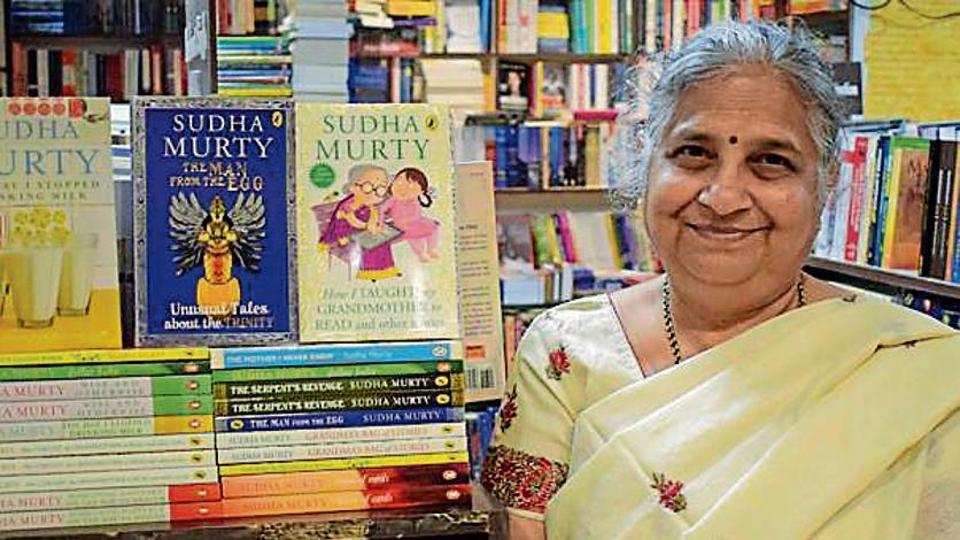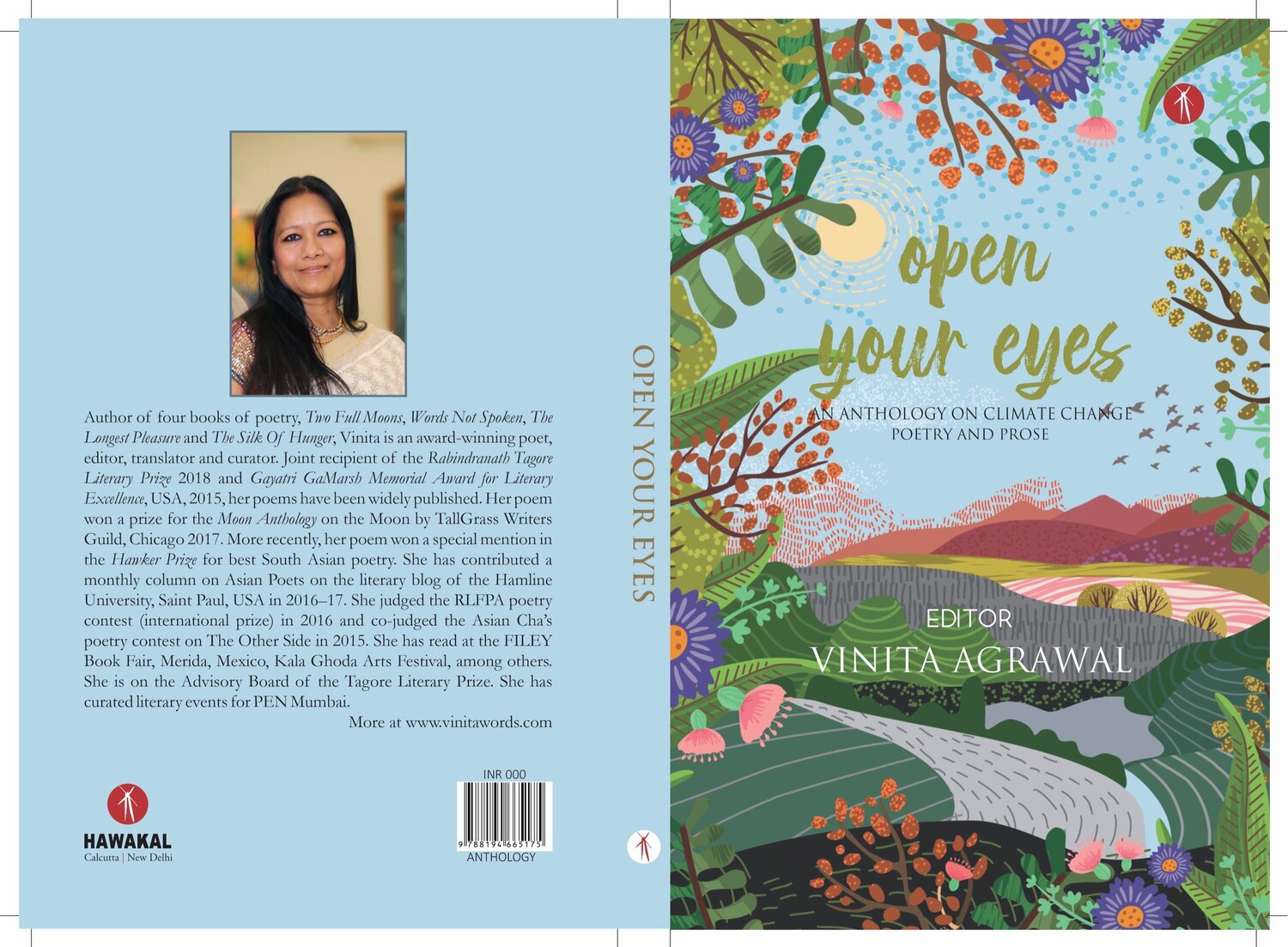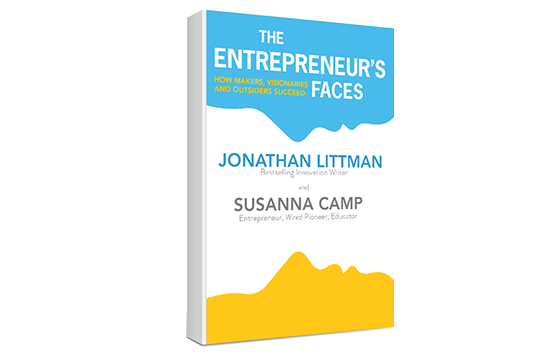Frontlist | 5 books to dive into for Women’s History
Frontlist | 5 books to dive into for Women’s Historyon Mar 12, 2021

Sarah Gualtieri, professor of American studies and ethnicity and history, and interim chair of the Department of Middle East Studies. Gualtieri is the author of two books on race, migration and Arab American identity.

Food for our Grandmothers: Writings by Arab-American and Arab-Canadian Feminists (South End Press, 1994) edited by Joe Kadi
This is a book I return to often. It is among the first to center the experience of Arab women in the rich and varied knowledges of women of color feminism. It brings together artists, poets and essayists to address questions of identity, memory, politics and race among Arab diasporic women. In Kadi’s introduction, he asks, “Do transplants ever find home … are we stronger, more innovative and creative, able to make home in odd sites, able to survive in small, hard places, plants growing out of rocks?” The answers to these questions have been foundational to Arab American studies.Natalia Molina, professor of American studies and ethnicity. A MacArthur Fellow, Molina is the author of two books that explore race, labor, immigration, gender and space and is the recent recipient of a National Endowment for the Humanities Public Scholar Fellowship. Her book Placemaking at the Nayarit: How a Mexican Restaurant in Los Angeles Nourished its Community (University of California Press) is slated for release in 2022.

Vanguard: How Black Women Broke Barriers, Won the Vote, and Insisted on Equality for All (Basic Books, 2020) by Martha Jones
Martha Jones asks, what do democracy and equality look like when we see them from the vantage point of Black women? Although many accounts begin their discussions of women’s suffrage with the Seneca Falls Convention of 1848, where white women gathered to assert women’s rights, Vanguard provides a longer and more capacious history, dating back earlier in the century to include Black women routinely left out of master historical narratives. Jones provides a portrait of women, organizations and institutions that were the forerunners of today’s Black Lives Matter movement.Sunyoung Park, associate professor of East Asian languages and cultures and gender and sexuality studies, and director of graduate studies for East Asian languages and cultures. Park examines Korean literature and culture, postcolonial studies, transnational anarchism and Marxism, science fiction and technoculture studies.

Queer Korea (Duke University Press, 2020) edited by Todd A. Henry
This book is replete with new and exciting scholarship from the field of Korean gender studies. It brings to the fore the past and present struggles for survival by sexual minorities in Korea, and it also illuminates anew the changing ideals of normative Korean femininities and masculinities. The authors provide us with a chronological coverage of queer experiences and expressions in Korea spanning from the 1920s through contemporary times.Rhacel Salazar Parreñas, professor of sociology and gender studies. Parreñas is an ethnographer whose current research empirically focuses on contemporary experiences of servitude and engages theories of freedom and morals to analyze the constitution of migrant workers as unfree laborers.

The Qualities of a Citizen: Women, Immigration, and Citizenship, 1870-1965 (Princeton University Press, 2009) by Martha Gardner
This book provides a stunning account of the moral control of women in United States immigration law and enforcement. It shows how women's construction as citizens was premised on their dependence on men. Women, for instance, had a hard time immigrating to this country independent of male sponsorship. If they did, they were turned away from the border. Only women stating their intended occupation to be domestic work were allowed to enter without a male sponsor. It's a very good historical account of the ideology of female domesticity manifesting in U.S. immigration laws.Kelsey Rubin-Detlev, assistant professor of Slavic languages and literatures. Rubin-Detlev investigates the Enlightenment in Russia and Western Europe, and especially Catherine the Great.

The Cavalry Maiden: Journals of a Russian Officer in the Napoleonic Wars (Indiana University Press, 1988) by Nadezhda Durova, translated by Mary Fleming Zirin
My students call her the Russian Mulan. Nadezhda Durova disguised herself as a man to achieve her dream of freedom and fight to defend her homeland against Napoleon. These memoirs recount her adventures, from sneaking out of the house to go horseback riding to winning the admiration of the emperor himself for her patriotism and courage. Read more: https://www.frontlist.in/frontlist-a-biography-of-the-woman-who-will-re-engineer-humans/
Author
Authors
Book
book news
Books
Frontlist
Frontlist Book News
Frontlist Books
Frontlist Latest news



.jpg)






.jpg)

.jpg)
.jpg)
.jpg)
.jpg)
.jpg)










Sorry! No comment found for this post.